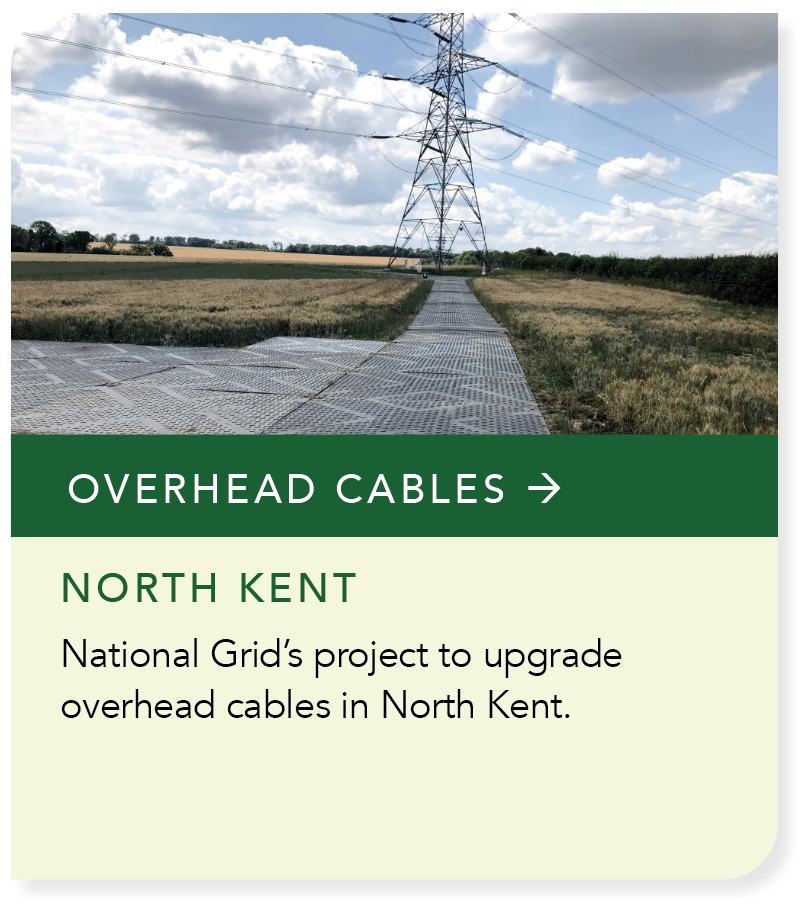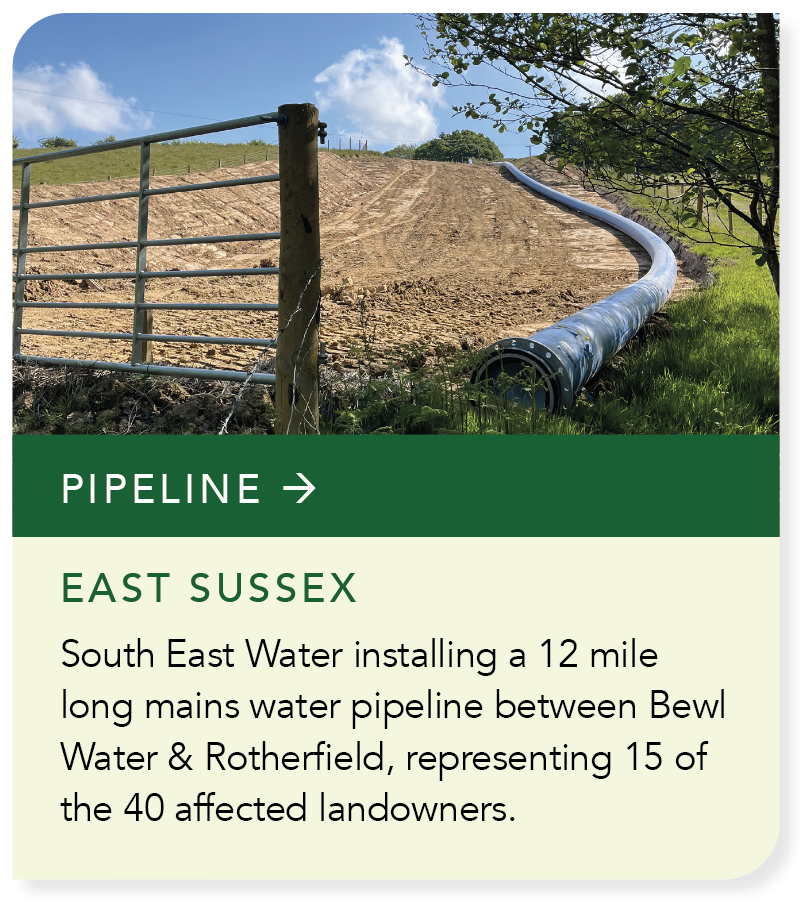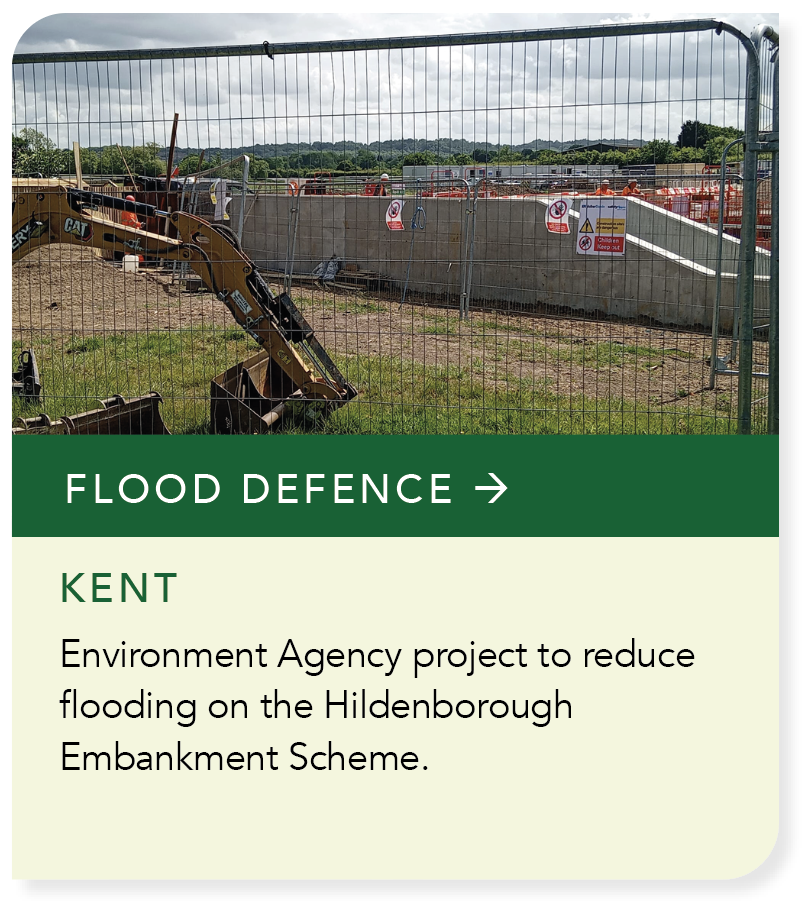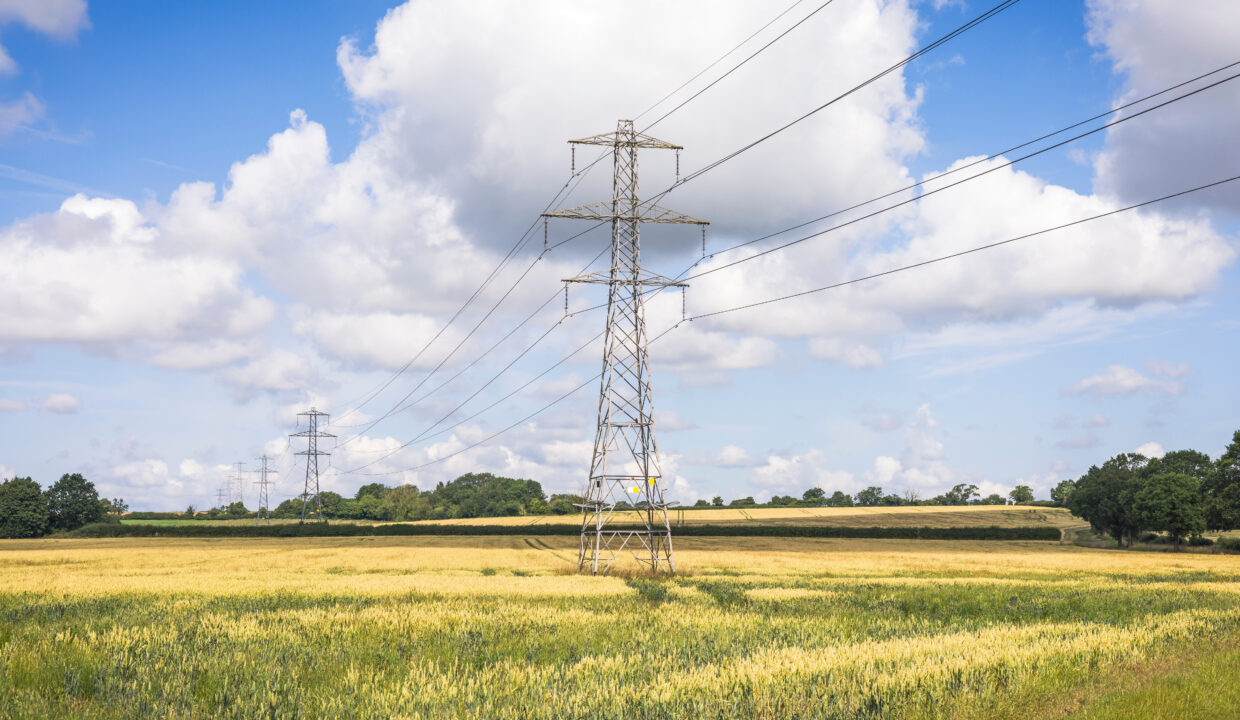
Code of Practice
Rights over land for electricity infrastructure
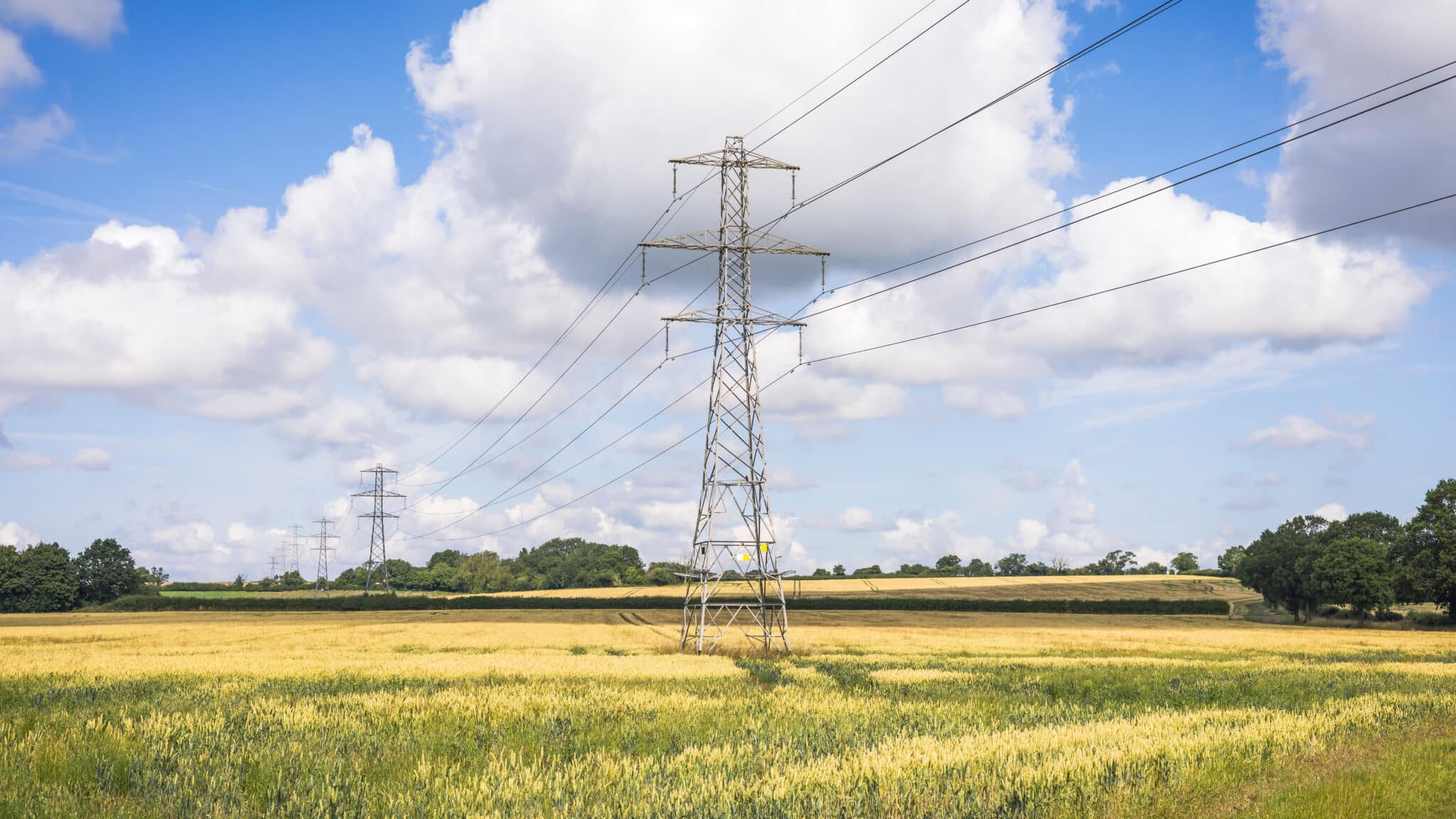
The Central Association of Agricultural Valuers, the RICS and Energy Networks Associations have recently published a Code of Practice intended to :
“provide best practice guidance to encourage behaviours that seek to balance the rights and interests of those who install and operate electricity infrastructure (Licence Holders) with those whose land and property is impacted by such equipment (Landowners)”.
The local and national grid are going through a significant period of investment, descried by UKPN as both radical and innovative. The major projects underway, and to come, will require taking rights over farms and other land, impacting owners, tenants, users and their businesses, all of whose interests need to be properly recognised. The Code of Practice is to be seen as best practice guidance to professionals, acknowledging their role in the delivery of electricity infrastructure, ensuring those who host such equipment on land are properly and fairly advised, represented and treated.
It is clear that an improved network is key to the Government achieving both the ambitious Net Zero target and supporting the drive to build more houses. The Code of Practice pre-empts this investment at it’s core encouraging both sides to be transparent, fair and professional when it comes to both negotiating compensation and agreeing matters such as accommodation works and easement terms. In recent years we have acted for landowners in a range of projects, including a major project by National Grid to upgrade and replace overhead cables on their network in North Kent and a range of UKPN projects including undergrounding overhead lines, new sub stations and in one instance an emergency job to first locate and then repair a 33kv pressurised fluid filled cable.
If you are affected by such a project, or wish to instigate a project to improve your own supply, then please get in touch with the rural professional team.
___
PROFESSIONAL ADVICE
In each case our role typically includes:
- Agreeing survey access.
- Reviewing developers works plans.
- Arranging accommodation works to mitigate the impact.
- Negotiating compensation for disturbance and other losses, including temporary access for compounds.
- Agreeing terms of Deeds of Easement.
RECENT AND CURRENT PROJECT EXAMPLES:
